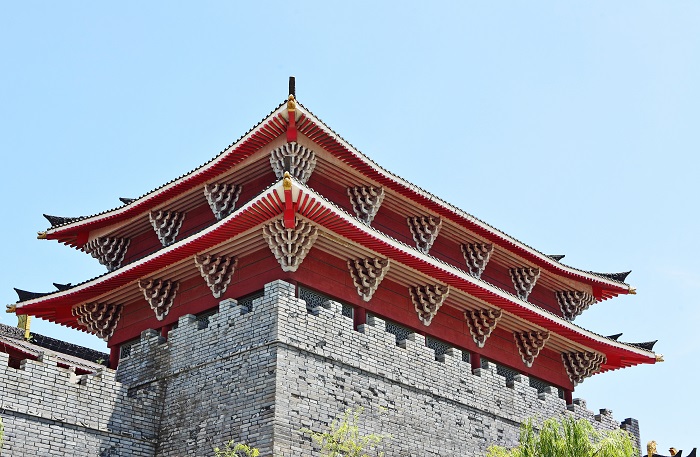Taiwan recently elected China-friendly opposition politician Han Kuo-yu as the new legislative speaker of its Kuomintang (KMT) party, a shift that could potentially impact domestic politics and strain cross-strait relations with Beijing.
A Shift Towards Divided Governance
The election of Han to head Taiwan’s largest opposing party confirms that the government will be divided for the next four years. The Democratic Progressive Party (DPP), which supports pro-sovereignty, controls the executive branch of government, while the KMT not only has the largest bloc of seats in the legislature but also holds the speakership position under Han.
Lev Nachman, a political scientist at National Chengchi University in Taiwan, explains that this division could lead to a “slow and lackluster set of time,” with no significant policies being passed due to the current stonewall approach in politics.
Challenges to New Policies
- National Defense and Foreign Policy: Yeh Yao-yuan, an expert on Taiwan politics at the University of St. Thomas in Texas, points out that new policy proposals related to national defense, foreign policy, or cross-strait relations will face more obstacles in the new legislature.
- Economic Reforms: As Taipei-based Dr. Chen Fang-yu, an expert on Taiwan politics at Soochow University, notes, whether policymaking will be seriously stalled in Taiwan over the next four years depends on how the incoming administration negotiates with opposition parties.
Possible Cooperation in Social and Economic Matters
Despite the potential difficulties in passing new policies, there is hope that all three parties can work together to address important social and economic issues in the country. Areas like education and healthcare may find room for collaboration, given their potential benefits for the Taiwanese people.
Han expressed hopes for unity after winning the election, stating that since all Taiwanese expect the legislature to prioritize public welfare, it would be essential to explore possible cooperation across party lines.
Implications for Relations with China
However, the political shift indicated by Han’s election has not gone unnoticed by Beijing. As a vocal advocate of closer ties with China, Han’s track record includes meeting with Chinese officials during his trip to Hong Kong as mayor of Kaohsiung in 2019. This has led some observers, such as Chen Fang-yu, to believe that Beijing may try to influence Taiwan’s domestic politics through the legislature.
During a regular press conference on Wednesday, a spokesperson for the Chinese Communist Party’s Taiwan Affairs Office urged opposition parties in Taiwan to exercise “effective supervision and strong checks and balances” on the ruling DPP.
Nachman suggests that this rhetoric indicates that China will likely be pleased about Han’s election and argues that it may create incentives for Beijing to adjust its approach toward Taiwan while maintaining significant pressure on the island nation.
In summary, although the divided government formed by the recent legislative speaker election in Taiwan could lead to legislative gridlock and challenges for new policies, there is potential for more positive outcomes as well. Collaboration between political parties on crucial social and economic matters may still be achievable, and Taiwan’s relationship with China remains an intriguing aspect to monitor as Han takes on his new role in the KMT party.





